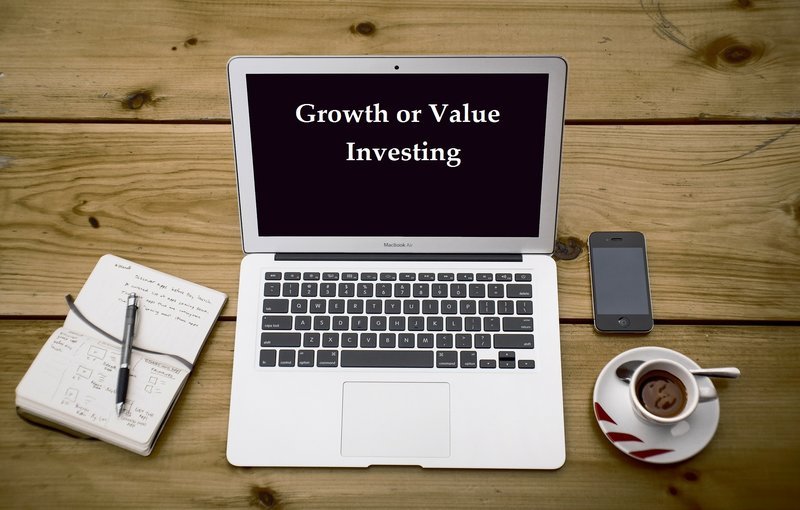The market, today, is flooded with enterprises, young and old. Clients, while deciding the company they wish to conduct business with face a tricky challenge as they are unable to decide who to go for. With both startups and enterprises having their own positives and negatives, the challenge is often aggravated by the fact that the clientele isn’t based in the same country, or even the same continent. Therefore, if you are also faced with the challenge of choosing between a startup and established enterprise, you can rest assured that you are not alone. In the recent past, many established enterprises have taken their clientele for a roll, wasting their time and money. While this can be attributed to a large client base these companies already cater to, the casual attitude can also be cited as a reason for this debacle.

This is where startups come in. Curious and eager, they have been successful in replacing the enterprises on various fronts. Clientele, that earlier traded with established enterprises is now turning to young startups to get the job done. While this can be due to the cost effectiveness that comes along, but this two-way traffic do enough to enhance the credibility of the startup and boost its brand value. However, it is important to note that clientele doesn’t invest heavily in startups. The initial business is relatively small, compared to that done with the conventional enterprises, and therefore, this entire period of low investments is used by the clientele to gain an understanding of how the startup works, of how able they are to meet their goals and expectations. Startups, without falling behind, use the same period to garner investor and clientele trust which eventually leads to lucrative business.

The situation is far from transparent for majority of the clients in the market. Therefore, if you are looking to choose between a startup and an established enterprise with a strong brand name, you must evaluate all the components. To begin with, startups are more open the idea of inculcating your changes and demands on various levels of the project, unlike the conventional companies, where a fixed pattern is used to design and create the product. For the ones who are skeptical about involving themselves with a startup, you can start small. How about starting with some tweaks and changes to your existing product? Unless you don’t give any startup a chance to prove itself, you will never know what it is capable of. More than companies, startups are willing to push themselves further to get the job done, and therefore, you will never have to worry about lack of innovation.
Are startups a reason enough to turn away from companies? No, but they are an opportunity for you to grow faster. Companies, as it has been seen, are often restricted by countless levels of bureaucracy, work methodologies, and deadlines. If you are looking for passionate workers, you will find them at both places. However, the difference with startups is that they are much more accommodating. For a startup, a single client, which in this case is you, could mean the world. Can you expect a tech-giant to treat you the same way? Probably not, and that is why it is important for clientele across the globe to start embracing the idea of business with a startup.






